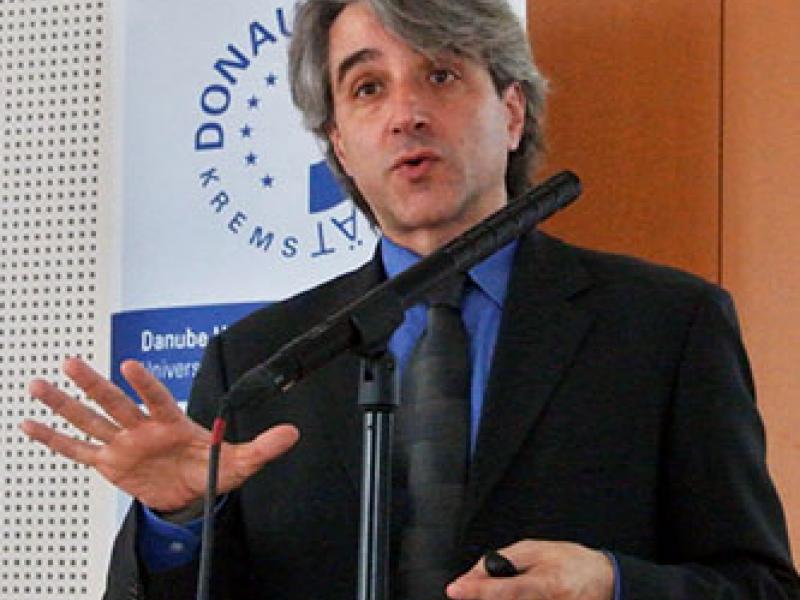Arthur Lupia's Uninformed: Why People Know So Little About Politics and What We Can Do About It
Monday, May 2, 2016 at 12:00 pm in 655 Rhodes Hall (next to the Roper Center). Lunch will be provided - Students, faculty and staff welcome. RSVP by April 25th to KSB5@cornell.edu In this election season, people from both sides of the aisle are asking important questions about what voters know and what, if anything, they are willing to learn about politics and government. In this presentation, based on my new book, Uninformed, I seek to offer insight and advice to the thousands of individuals and organizations working to improve citizens' political knowledge and civic competence. Unfortunately, many educators are mistaken about what kinds of information are relevant to others' decision-making processes. Many others misunderstand the kinds of information that prospective learners are likely to pay attention to. These errors lead many civic educators to provide information that prospective learners will not learn or cannot use. I use the latest research on education and learning to describe a battery of techniques for conveying information about government and politics that important audiences will want to learn. If we accept the idea that citizens sometimes lack the knowledge that they need to make competent political choices, that greater knowledge can improve decision making, and that experts and advocates are often mistaken about how people think and learn, then a prescription for improving political knowledge and civic competence emerges: we need to educate the educators. The point of my current work is to help all of us more effectively educate citizens about the issues that matter most. Arthur Lupia will be the inaugural presenter in the Roper/CIPA speaker series on Monday, May 2, 2016 at 12:00 PM in 655 Rhodes Hall, 36 Hoy Road, Cornell University (next to the Roper Center). Arthur Lupia is the Hal R. Varian Professor of Political Science at the University of Michigan and research professor at its Institute for Social Research. He examines how people learn about politics and policy and on how to improve science communication. His most recent book is Uninformed: Why Citizens Know So Little About Politics and What We Can Do About It. He is Chair of the National Academy of Sciences Roundtable on the Application of the Social and Behavioral Science, a member of the National Academies' Advisory Board on the Behavioral and Social Sciences and Education, and a member of the National Science Foundation's Advisory Board for the Social, Economic, and Behavioral Sciences. He is past Chair of the American Association for the Advancement of Science's Social, Economic, and Political Science's Section and a current member of its Leshner Leadership Institute advisory board. Dr. Lupia has developed a range of infrastructure to improve the quality and public value of social scientific research. With Diana Mutz, he developed TESS (Time Sharing Experiments for the Social Sciences), a project that has helped hundreds of scholars conduct innovative experiments on large national samples. With Jon Krosnick, he served as Principal Investigator of the American National Election Studies (ANES). He is currently lead Principal Investigator of the EITM (Empirical Implications of Theoretical Models) Summer Institutes and Scholarship Program. With Colin Elman, he has led the DA-RT (Data Access and Research Transparency) Initiative. He serves on the Advisory Boards of the Center for Open Science and the Berkeley Initiative for Transparency in the Social Sciences. He recently led APSA's Task Force on Public Engagement how to improve public engagement in political science and has worked with many groups to make scientific presentations more memorable and meaningful to more people. He has been a Guggenheim fellow, is a AAAS fellow, and is an elected member of the American Academy of Arts and Sciences. His awards include the National Academy of Sciences Award for Initiatives in Research and the American Association for Public Opinion's Warren Mitofsky Innovators Award. He is currently an Andrew Carnegie Fellow.
